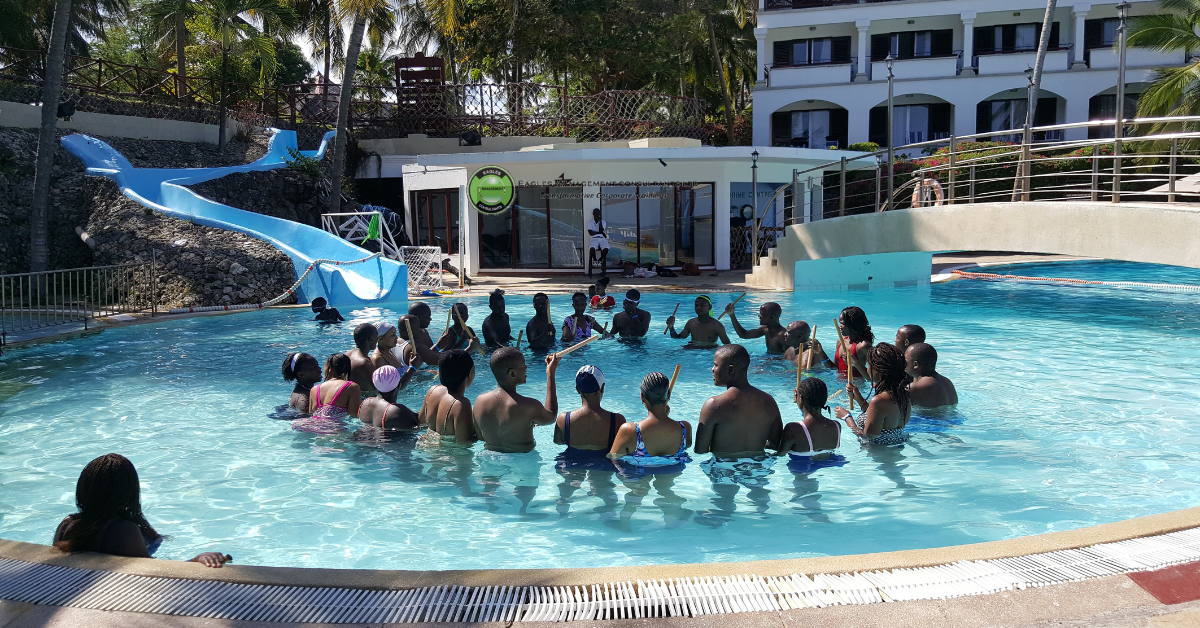The psychology behind effective team building explains why some teams succeed while others fail. Understanding these concepts improves teamwork, trust, and motivation. Strong teams achieve more because they use psychology to build lasting connections. Visit www.eaglesconsultants.com for expert guidance on building high-performing teams.
Why Psychology Matters in Team Building.
Every team consists of different personalities and behaviors. Psychology helps leaders understand what motivates individuals. It also shows how to align goals for group success. When teams apply psychological principles, they improve communication and reduce conflict. This creates a culture of cooperation and shared responsibility.
Trust: The Foundation of Effective Teams.
Trust is the most important factor in team building. Without trust, members avoid risks and hold back ideas. Leaders must create an environment where honesty is safe. Transparency and accountability strengthen trust. Teams with high trust levels work faster and make better decisions.
The Role of Communication in Team Success.
Clear communication builds unity. Teams that share ideas openly avoid misunderstandings and confusion. Active listening is as important as speaking clearly. Regular meetings and feedback sessions keep everyone aligned. Good communication boosts morale and improves problem-solving.
Motivation and Team Performance.
Motivation drives productivity. Psychology shows that people perform better when they feel valued. Recognition and rewards inspire commitment. Leaders should encourage both individual and group achievements. A motivated team stays engaged and delivers results.
Conflict Resolution Through Psychology.
Conflicts are normal in every team. The key is managing them effectively. Psychology provides tools for understanding emotions and behaviors during disagreements. Leaders who apply these methods resolve issues faster. This creates stronger bonds and prevents future conflicts.
Building a Positive Team Culture.
Culture shapes how teams interact and perform. Positive cultures are built on respect, inclusivity, and shared goals. Leaders must model positive behaviors to inspire others. Celebrating small wins also strengthens team culture. A strong culture supports long-term success.
Conclusion.
The psychology behind effective team building is the secret to creating high-performing groups. By focusing on trust, communication, motivation, and culture, leaders unlock potential. Teams that understand psychology work better together and achieve more. For expert team-building strategies, visit www.eaglesconsultants.com.



